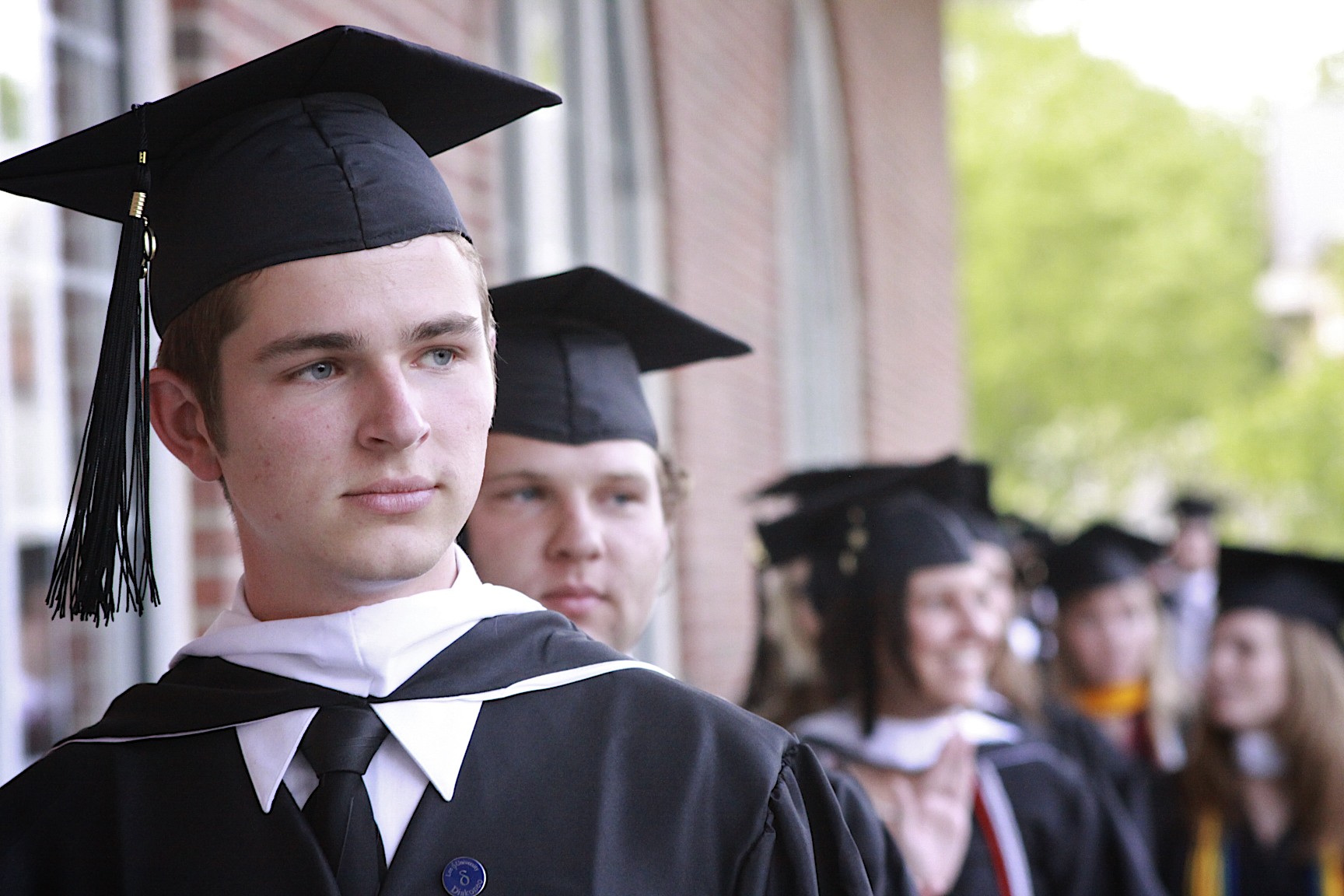Education is under threat: Trump halts issuance of visas to foreign students
28 May 10:32
The US Presidential Administration has suspended the registration for new interviews for student and exchange visas: what is known as of May 2025. This was reported by "Komersant Ukrainian" with reference to Reuters.
The White House has ordered to temporarily suspend the registration for new interviews for student (F and M categories) and exchange (category J) visas. The decision was announced on May 27, 2025, and it is already causing concern among international students, universities, and human rights organizations.
What is the essence of the decision?
The US Department of State’s internal guidance instructs all diplomatic missions to suspend scheduling new interviews for student and exchange visas. The interviews that have already been scheduled are allowed to be held according to the old procedure, but no new dates will be set.
This decision is explained by preparations for the introduction of a new mechanism for expanded verification of applicants’ social networks. It is expected that in the coming weeks the State Department will introduce new requirements that may significantly complicate the visa process for foreigners, including young people.
What is “social media verification”?
Advanced social media vetting is an analysis of an applicant’s activity on social networks, blogs, forums, and messengers. According to the administration, the new procedure aims to “identify potential threats to national security,” such as
- support for extremism;
- participation in anti-Semitic movements;
- contacts with organizations that the U.S. government considers risky.
It is expected that the mandatory check may include the last 5-10 years of the applicant’s activity on Facebook, Instagram, TikTok, X (formerly Twitter), Telegram, YouTube, Reddit, Discord, etc. Applicants who refuse to provide access or cannot convincingly explain certain publications may be denied a visa.
How the new White House decision affects students
Thousands of international students who planned to enroll in American colleges and universities in the fall of 2025 may not be able to obtain a visa in time. Delays in the visa process may result in:
- loss of the right to enroll;
- the need to postpone studies for a year;
- financial losses for students and educational institutions.
Concerns have been expressed by Harvard, Princeton, MIT, and dozens of smaller institutions that depend on international mobility. The universities warn that the new restrictions could reduce the competitiveness of the United States in the global higher education market.
Criticism and political reaction
Human rights activists accuse the administration of discrimination on ideological and cultural grounds, as well as of trying to create a “digital loyalty filter”. Civil liberties organizations, such as the ACLU, call the initiative “disproportionate and harmful to the international image of the United States.”
Some Democratic senators have also protested, calling for students and young people not to be penalized for political views or memes posted as teenagers.
What’s in store for the future
It is expected that in June 2025, the State Department will publish new rules and algorithms for vetting. Embassies may receive updated instructions on data collection, and interviews will only be allowed to be conducted after being connected to a nationwide social media analysis database.
For now, students are advised to
- not to delete posts from social media, as this may be interpreted as an attempt to hide information;
- refrain from political or provocative publications;
- to prepare for the fact that during the interview they may be asked about old posts or preferences.
This is not the first time the Trump administration has used social media as a vetting tool. Back in 2020, during his first term, similar requirements were introduced, but they were partially canceled after the change of power. Now Trump is returning to this policy with a tougher approach.
Читайте нас у Telegram: головні новини коротко









